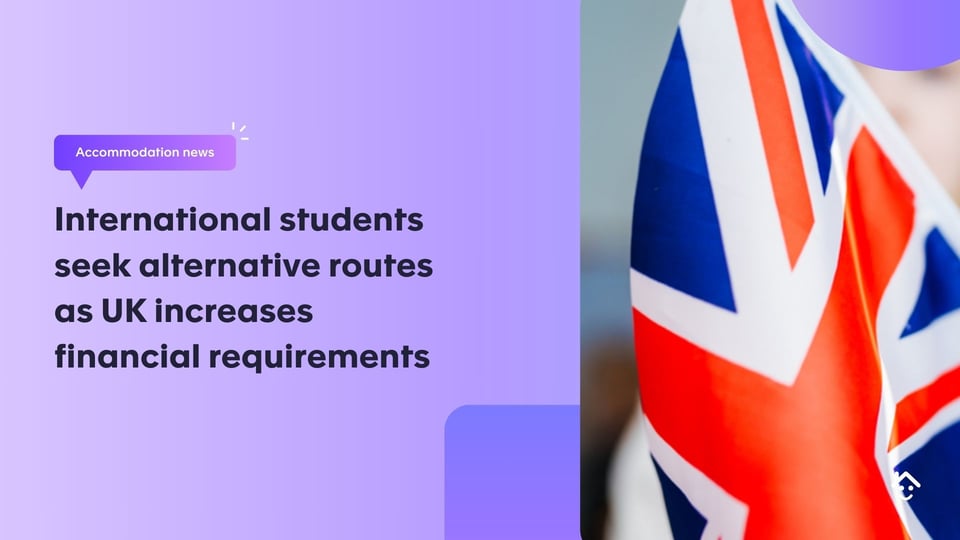International students seek alternative routes as UK increases financial requirements

The UK government’s latest changes to financial requirements for international students have significantly impacted families considering Britain as a study destination.
As the country tightens its immigration policies, the economic pressure on aspiring scholars has increased substantially.
According to the UK Home Office, students applying for a study visa will need to prove they have between £1,130 and £1,480 per month, a 10% increase from current levels.
These new requirements will take effect in early 2025, potentially discouraging many from pursuing their academic goals in the UK.
The financial challenges extend further.
The UK is also restricting family members from accompanying students and barring them from switching to work visas before graduation.
To qualify for a skilled worker visa, graduates must now secure a higher salary of £38,700 per year, up from £26,200.
Despite these obstacles, the UK remains a global leader in education.
The UK Parliament reports that over 750,000 international students enrolled during the 2022-2023 academic year. However, this educational excellence comes at a high cost.
Study abroad consultancy sites estimate that students need an average of £22,000 per year for tuition and £13,000 annually for living expenses.
These figures exceed the costs in countries like the Netherlands and Poland, where total annual expenses range from £11,200 to £18,800.
The financial strain is particularly noticeable in high-demand fields such as Economics, Finance, IT, and Professional Communications, where UK tuition fees tend to be significantly higher.
Moreover, living costs have increased by 20.8% over the past three years, adding to the financial challenge for international students.
Vietnamese students are looking for alternatives.
In response to these daunting prospects, many Vietnamese students and their families are exploring alternative ways to obtain UK qualifications without the financial burden and complex requirements.
One such alternative is the British University Vietnam (BUV), located in the Ecopark Urban Area in Hung Yen Province.
Vo Hong Hanh, Director of Marketing and Communications at BUV, highlights the advantages of “studying abroad at home”:
“By studying in Vietnam, students can remain close to their families while still experiencing valuable insights into local culture, politics, economy, and society. This allows them to stay connected to Vietnam's trends and the domestic job market, preparing them for future careers.”
BUV offers a cost-effective solution, with tuition fees at one-third to half the cost of universities in the UK.
The institution has maintained a comprehensive 5-star rating from QS Stars since 2022, ensuring that students receive a high-quality education without the hefty price tag.
Hanh adds, “The multicultural environment at BUV also serves as a foundation for students to step out into the world. International job opportunities remain plentiful, as demonstrated by a group of students who secured internships in Singapore with a salary of US$1,000 per month while still studying.”
As the UK continues to tighten its policies, institutions like BUV offer a compelling alternative.
By providing internationally recognized qualifications at a fraction of the cost, they’re helping to reduce the financial burden while delivering high-quality education.
For Vietnamese students dreaming of a British education, the path may no longer lead directly to the UK. Instead, it might wind through the lush Ecopark Urban Area, where the promise of a global education meets the comfort of home.
If you are interested in letting your property to students, accommodationforstudents.com is the no.1 student accommodation service in the UK.



